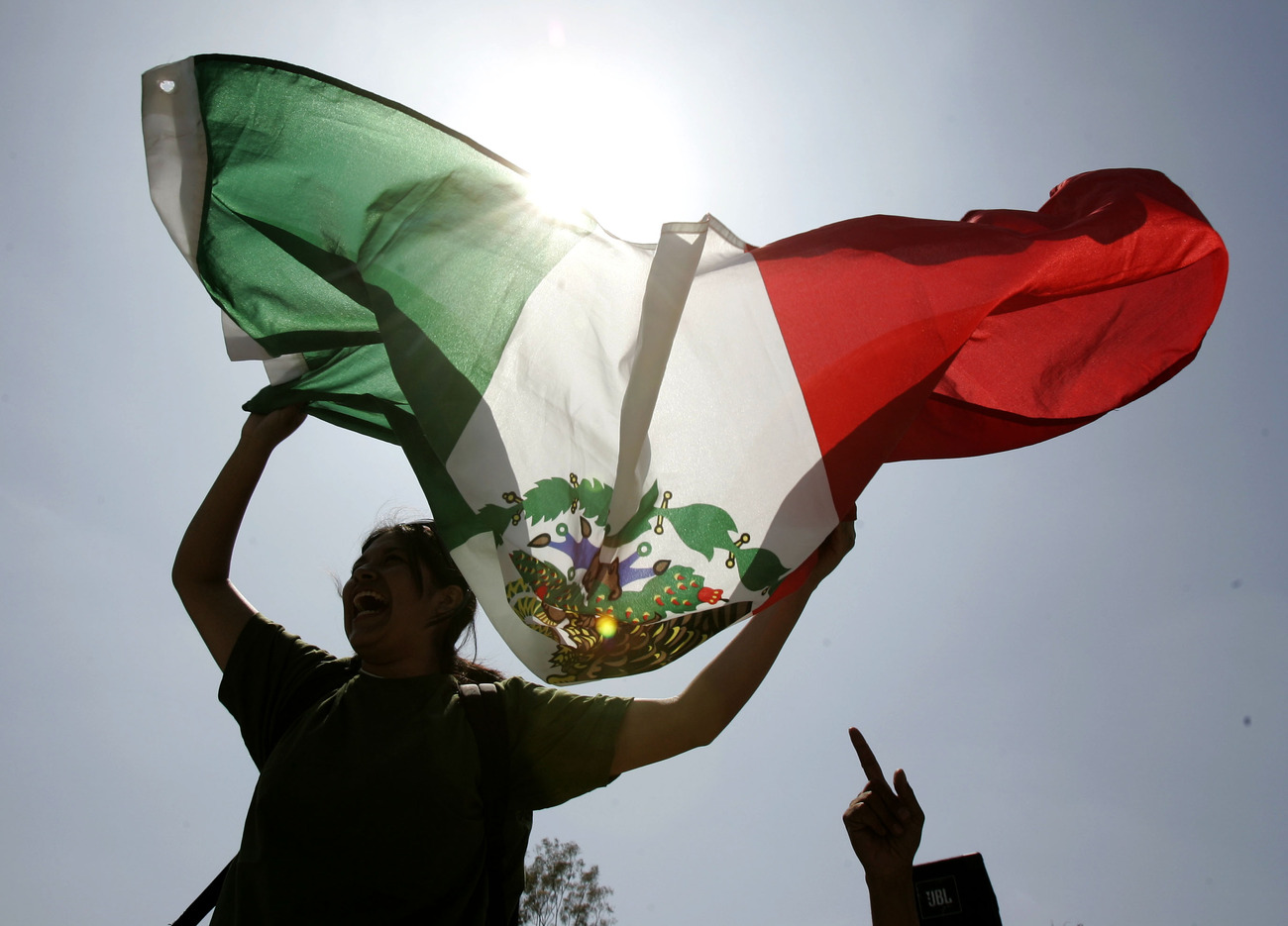Role Reversal: IMF Seeks Latin American Funds for EU
Role Reversal: IMF Seeks Latin American Funds for EU
Brazil and Mexico could provide funds to the IMF to aid ailing European economies. But in a shaky global market, Latin American economies may opt to focus on economic policies at home.
Last week, the International Monetary Fund’s Managing Director Christine Lagarde made a historic visit to Brazil, Mexico, and Peru to encourage Latin American governments to provide aid to the struggling eurozone. Though Brazil previously rejected direct aid to European countries, both Brazil and Mexico showed interest in providing funds to the IMF’s $390 billion war chest, which at present may not be enough to rescue ailing European economies. The IMF intends to offer bilateral loans to European countries to prevent the crisis from spreading, and approved a $2.9 billion loan for Greece on December 5. In the past, visits by IMF officials to Latin America inspired anger and resentment as the organization preached austerity measures to struggling economies. Now, with the region’s economic boom, Europe is looking to Latin America for help in an unprecedented role reversal. But in an ever-connected global economy, Latin American economies still remain vulnerable to the crisis.
Becoming a creditor rather than a debtor proved appealing in some Latin American countries, even from a symbolic perspective. Brazil and Mexico expressed willingness to provide funds, though Brazilian officials imposed conditions: they won’t make a deal until they reach a consensus with other BRIC partners, and they want more voting power at the IMF. During Lagarde’s visit to Brazil, some observers sensed a touch of hubris on the part of Brazilian officials, who reveled in the change of fate. Guido Mantega, Brazil’s finance minister, told reporters: “It’s a great satisfaction to us that this time the IMF did not come to Brazil to bring money like in the past but to ask us to lend money to developed nations.” Some officials also sought to point out minimal local effects of the crisis and defend the government’s autonomy. Speaking at a Latin America trade conference this week, Secretary-General of Mercosur Samuel Pinheiro Guimarães said: “Brazil has not survived the crisis because it followed the IMF's recommendations—rather, it survived because it ignored the IMF.” Despite aid promises, Lagarde left the region empty-handed, and it’s unclear if or when the funds will come through.
Though a top goal of Largarde’s trip was an appeal for aid, she also stressed that Latin America’s continued growth is essential to sustaining the global economy. During her visit, she said: “As the balance of economic power shifts, emerging economies are a key part of the solution to the global problems." Indeed, economists cite Latin America as a success story, with a burgeoning middle class, declining inequality, and rising wages. On the other hand, as in other emerging markets, Latin American economies are already feeling the impact of the external crisis, and could encounter more challenges in the near future. In Mexico, Lagarde warned that despite impressive growth, Latin American governments must maintain strong fiscal policies in order to ward off effects of the European crisis.
Many countries are still heavily reliant on commodities, and despite Latin America’s strong ties to Asian markets, a weakened Europe could erode Latin American exports. In Peru, this is already the case: GDP growth fell for the fifth consecutive quarter in November, in part due to lower demand for commodities in Europe and the United States, as well as a drop in prices for gold and copper, reports Bloomberg. Also, because of fears of a global recession, capital flows to the region are slowing. According to The New York Times, as of December 2, skittish investors took out $9.8 billion from Latin America. Brazil, with the largest economy in the region, is cooling—evidenced by the slowest GDP growth in 10 quarters in late November. Last week, the government announced new tax breaks and the third interest rate cut this year in an effort to bolster the economy against the European crisis and attempt to strengthen domestic growth. Other governments in the region may take similar preventative measures to spur exports and foreign investment in the face of the European crisis.
Learn more:
- Watch a video report on Lagarde’s visit from Al Jazeera English.
- Listen to a report from NPR on the importance of Latin America’s role reversal.
- Read an IMF summary of Lagarde’s Latin America trip.
- View Peru’s most recent economic indicators from the Central Bank.
- Review predictions for Latin American economies in IMF’s World Economic Outlook from April 2011.








